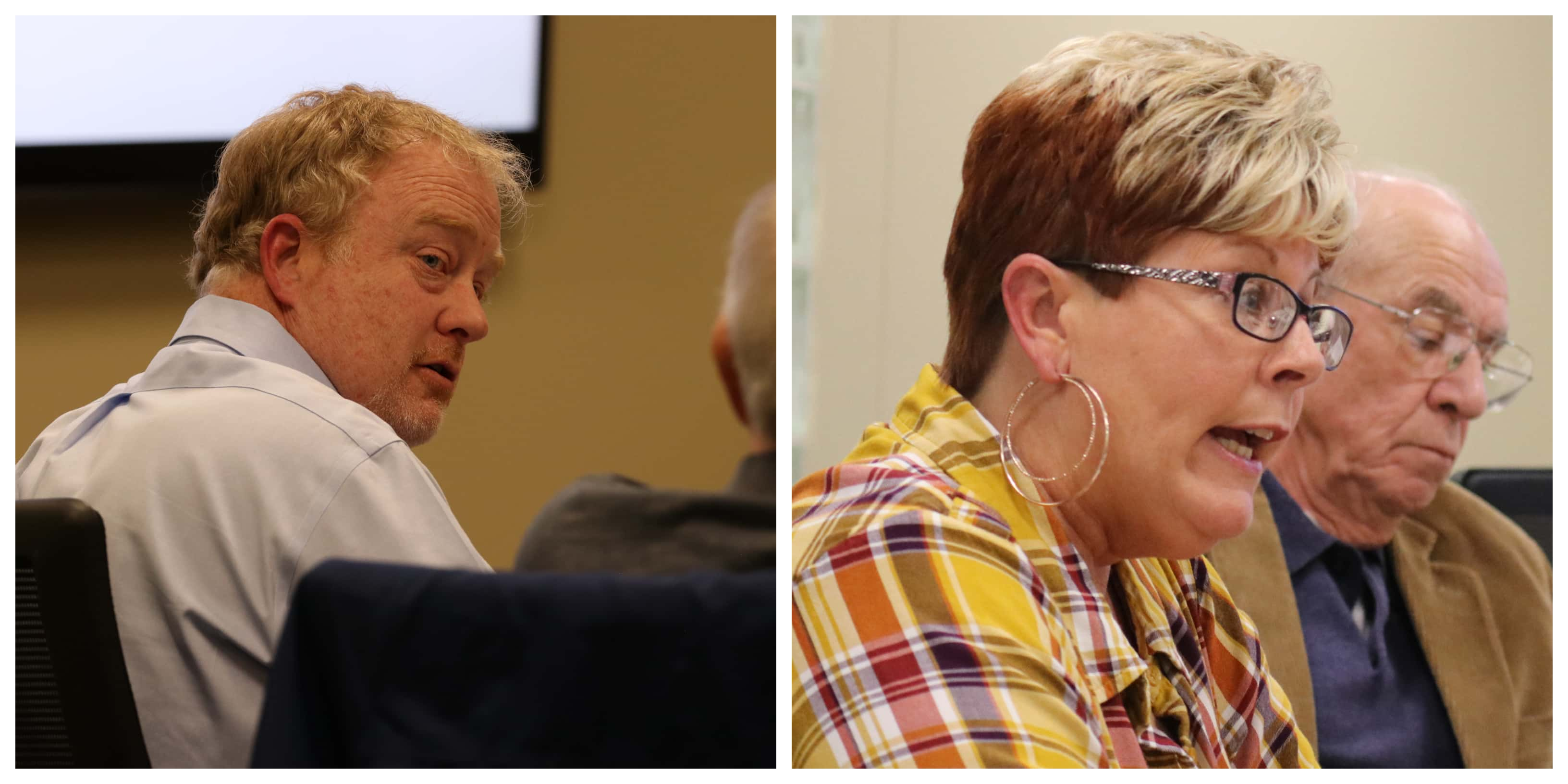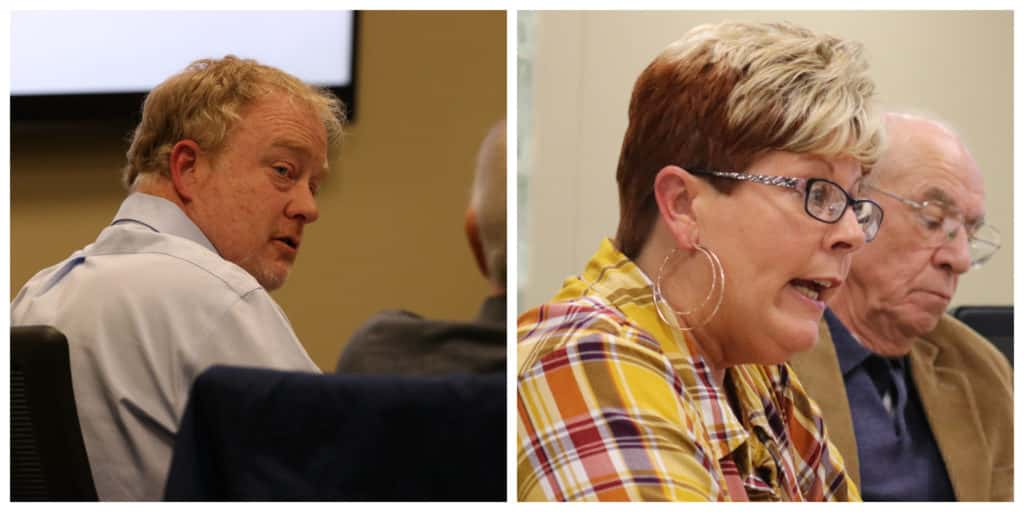
GLASGOW, Ky. – Cole & Moore, a law firm hired by the Glasgow Electric Plant Board three years ago, was granted approval to remove themselves as counsel in a court appearance in Barren Circuit Court on Thursday. However, that law firm will represent two board members.
Stefan R. Hughes on Wednesday filed a motion requesting to withdraw as counsel in Barren Circuit Court. The motion came after the board voted on Monday in a special-called meeting to fire the firm.
Hughes wrote in his motion that he would continue to serve as counsel for Tag Taylor, GEPB chairman, and Libby Short, GEPB secretary-treasurer.
Circuit Judge John T. Alexander granted the request.
“If the majority of the Plant Board has decided to terminate that relationship, I don’t think there’s any question that they can do that, too,” Alexander said.
The GEPB has 60 days to obtain suitable counsel to represent them in the current civil action.
The court convened with three motions, which included the request to withdraw from Cole & Moore. The other motions were filed by attorneys on behalf of Short and Taylor, and Froedge.
A motion to stay was filed by Hughes on July 29, which was before the board voted to remove Cole & Moore. The motion was filed following the board’s July 28 meeting that was not called to order due to a lack of approvals for the agenda.
The motion requested the court “to stay attempts by Glasgow EPB board member D.T. Froedge to improperly call a special meeting or improperly add agenda items to the Glasgow EPB board meeting…”
The issue before the court was whether Froedge properly added agenda items to the video conference public hearing contemporaneous with conducting the hearing without advanced notice, according to the brief.
Seth Church, counsel for Froedge, said the public had advanced notice of the meeting, and the agenda specified that modifications could occur. Thus, he argued Froedge was not in violation of Senate Bill 150.
“And I would note, just factually, that the notice that did go out included the phrase ‘and any additions’ under the first item of approving the agenda. So the public had notice that that agenda could be modified at the meeting,” Church said.
The brief goes on to say that Froedge “could not wait until the next regular meeting and refuses to comply with the mandates of the applicable statutes, SB 150, and this Court’s admonitions.”
“This is a video proceeding. It’s different. It’s a pandemic,” Hughes said. “The agenda says it has to be published in advance of the meeting. And again, Froedge is violating the statute.”
Froedge’s counsel also requested the court issue an order requiring Taylor to call a special meeting and entertain a motion that allows for the election of officers.
However, Hughes has argued since the initial filing that Taylor refuses to call a special meeting due to the limitations of SB 150, which was passed in wake of the coronavirus pandemic.
“It’s not my role, and I am not going to get into the business of managing the Plant Board,” Alexander said. “I’m not in charge of your meetings. I’m not your father figure or your teacher – or anything like that to where I have any authority of how you all run your meetings.”
Alexander said he would not offer injunctive relief.
“I don’t think there’s any precedent for that. I’m certainly not going to set a precedent because every time somebody gets their feelings hurt in a meeting they’re going to be filing motions up here wanting me to tell them whether the chairman called them a dirty name or wouldn’t let them take a bathroom break,” Alexander said. “I’m not doing that.”
The court is scheduled to give an order from a prior hearing, which Alexander said is incomplete due to the other motions recently filed.
“You all know I still got an order coming from that last hearing,” Alexander said. “I’ll never get any orders done if y’all don’t stop filing motions.”
Alexander said he would consider the first motion regarding the stay, but he would need to read the attorney general’s opinion in the case.





